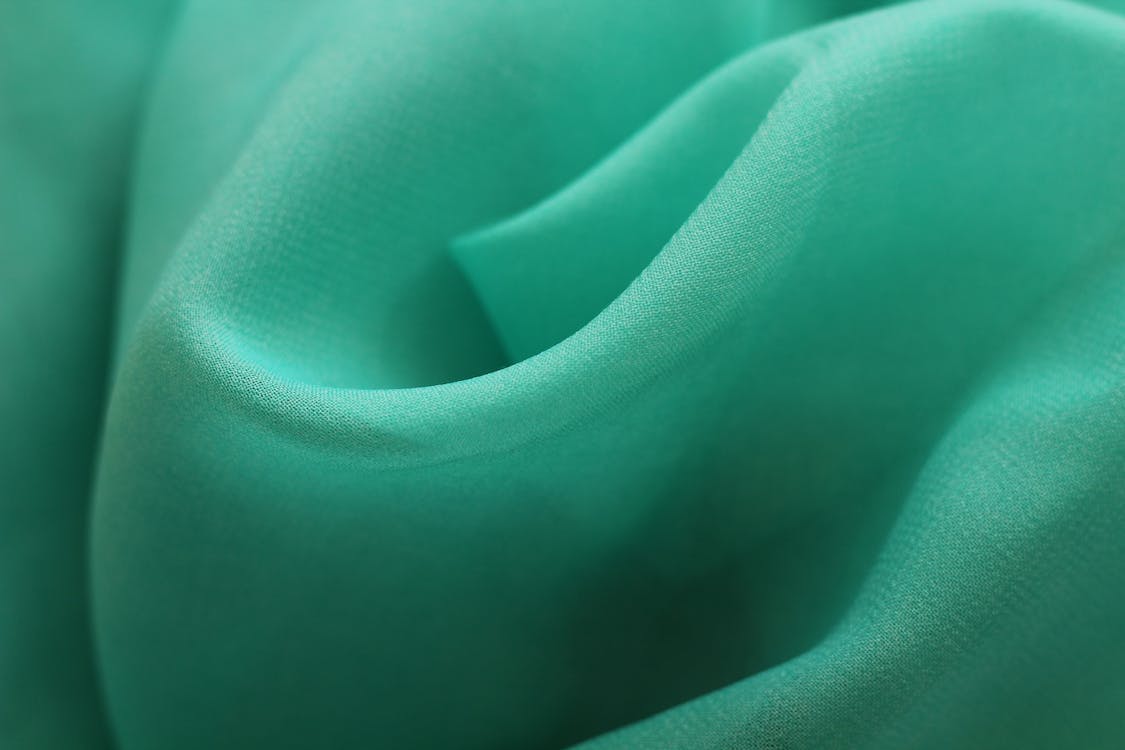
FAQ About Differences in Polyester
Differences in Polyester
2 years ago | gizem
How does polyester compare to cotton?
Polyester and cotton are two popular fibers with distinct characteristics. Here's a comparison between polyester and cotton:
- Comfort: Cotton is often considered more comfortable to wear due to its natural, breathable properties. It allows air to circulate, which helps in regulating body temperature. Polyester, on the other hand, is less breathable and can retain heat and moisture, potentially causing discomfort in certain conditions.
- Moisture Absorption: Cotton has high moisture absorption capabilities, wicking away sweat from the body and keeping the wearer dry. Polyester has lower moisture absorption, meaning it does not absorb moisture as readily and can feel damp or sweaty in hot and humid conditions.
- Wrinkle Resistance: Polyester is more wrinkle-resistant than cotton. It retains its shape and resists wrinkling, reducing the need for ironing or pressing. Cotton, while comfortable, is prone to wrinkles and may require more maintenance to keep it looking smooth.
- Durability: Polyester is generally more durable and long-lasting compared to cotton. It is resistant to wear, tear, and fading, making it suitable for items that undergo frequent use and washing. Cotton, while strong, is relatively less durable and may show signs of wear over time.
- Care: Polyester is easy to care for as it is often machine washable and quick-drying. It requires minimal ironing or pressing. Cotton, while also machine washable, may require more care, including ironing to remove wrinkles.
- Allergies: Cotton is considered hypoallergenic and is less likely to cause skin irritations or allergies. Polyester, on the other hand, may cause sensitivity or discomfort in individuals with sensitive skin or allergies.
- Price: Polyester is generally more affordable compared to cotton. Cotton is a natural fiber with higher production costs, which can reflect in the price of cotton-based products.
- Environmental Impact: Cotton is a natural fiber derived from plants, while polyester is a synthetic fiber made from petroleum-based products. Cotton is biodegradable and renewable, while polyester is not biodegradable and has a higher carbon footprint. However, the production of cotton requires significant water and pesticide use, making it more resource-intensive compared to polyester.
